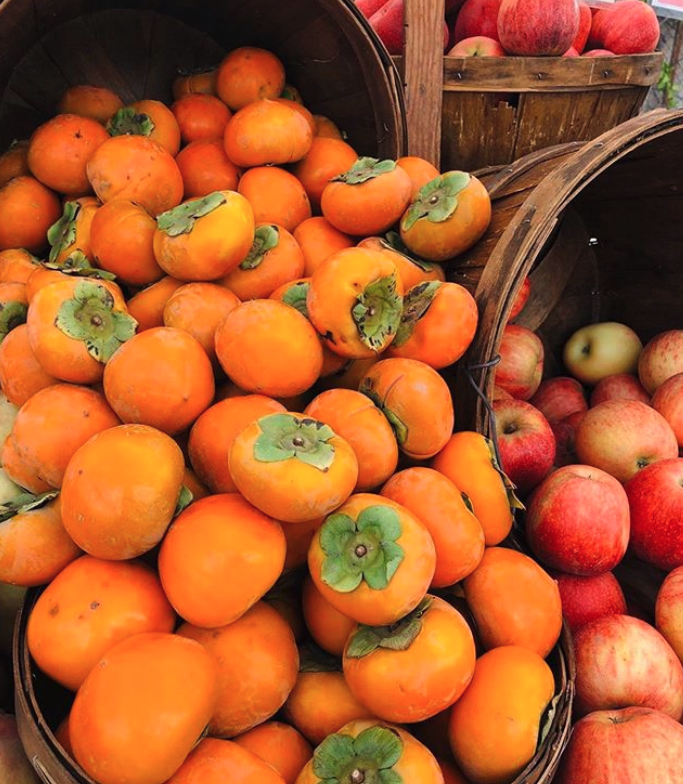BEING PLANT BASED
If Keto, Paleo and Intermittent fasting are the most popular diets in 2020, the plant based movement is probably the fastest growing trend in Australia. While not everyone agrees on the health benefits of it, the number of people switching to a plant-based diet has significantly increased the past 5 years (1 person decides to eat less meat or go meat-free every 5 minutes!). Health benefits are the main reasons why people make the shift.
— Disclaimer – Hart & Soul understand that being plant based is not for everyone and you should always consult your medical practitioner before making any decision regarding your health —
If by now, many of us understand the principles of a plant-based diet (no, it’s not all tofu and lettuce) it could be intimidating, and hard to know where to start for some.
So the Hart & Soul tea put together a ‘beginner’s guide’ with some valuable tips to take the edge off!
First of all, what is a plant based diet?
Well you really need to see it as a lifestyle rather than a ‘diet’ (we don’t really like this word anyway). A plant based diet emphasises fresh & whole ingredients with minimal processed foods. It is often mistaken with vegan or vegetarian diets. Similar in some ways, they are however different. Vegan people refrain from consuming any animal products (dairy, meat, poultry, seafood, eggs and honey). Vegetarians remove all meat and poultry from their diets, but could eat eggs, seafood or dairy.
On the other hand, the plant based diet is more adjustable. Animal products aren’t out of bounds.
Where do I start?
A good tip would be to take a look at your plate and assess what percentage of your daily food consumption comes from vegetables? They should be the foundational layer of every meal.
We can’t tell you the exact number of each of your plate’s components as it varies between each individual and depends on your lifestyle, physical activity and body goals. Studies have shown that the minimum amount of protein an individual should eat each day should be approximately 0.8 grams per kilogram of its weight. You can get your protein from, as many of us know, soy, as well as many vegetables, especially legumes, which are filled with beneficial proteins.
What are the benefits?
A plant based lifestyle may help lower the risk of obesity and high blood pressure, help prevent or manage type 2 diabetes, heart disease and weight loss but also lower your risk of cancer and cardiovascular disease.
While it’s not necessary to completely eliminate meat & dairy from your diet you can still lower your risk of certain diseases by making an effort to include more plant proteins.
What are the side effects?
You will have to plan a little better when it comes to getting all your macronutrients so that you’re well nourished and fuelled for a good amount of time. You might also want to keep an eye on your levels of Vitamin B12 and choline.
You should also give your body some time to adapt. As many plant-based foods are loaded with fibre, which normalises bowel movements, you may notice an increase in bowel movements. Consider gradually incorporating plant-based foods and drink plenty of water.
If you decide to switch to a plant based diet well good on you! Remember to focus on what you can add to your plate instead of what you have to subtract (aka – this is not a diet in the direct sense) and the most important advice we have for you is to listen to YOUR body and figure out what works best for YOU.
Love,
The Hart & Soul Team.

